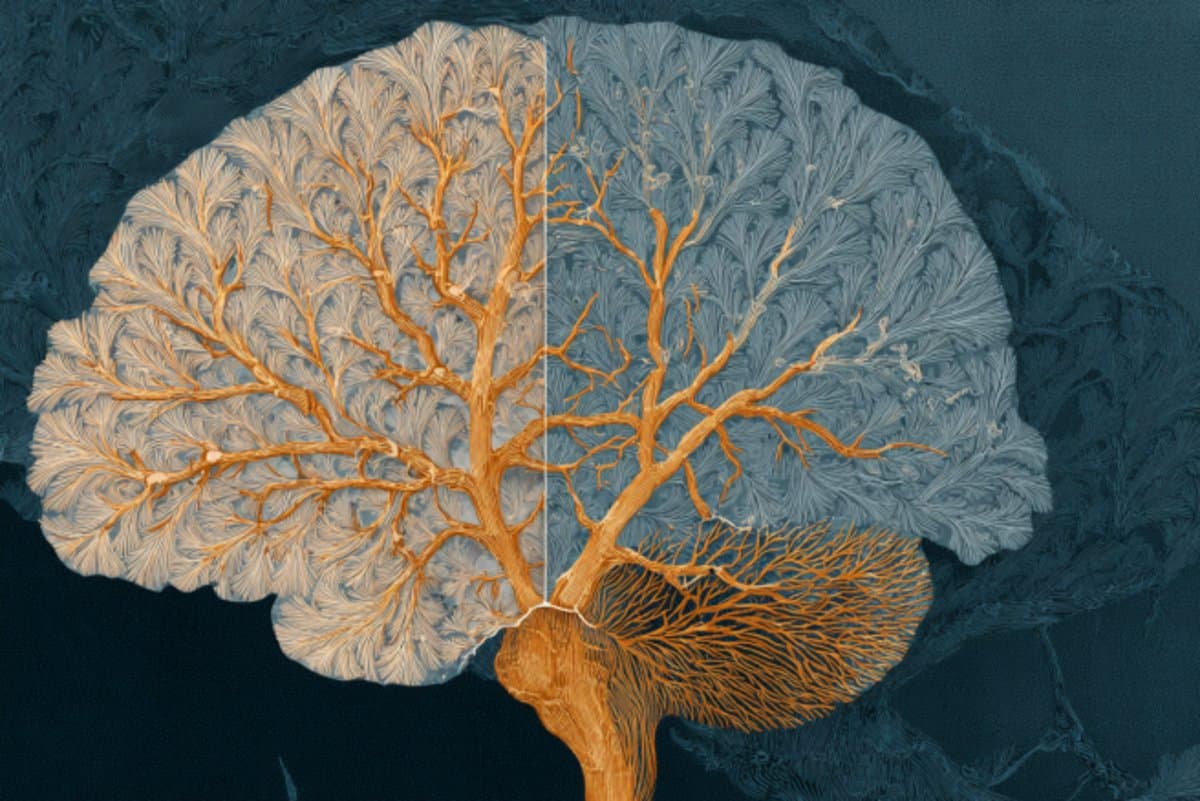A study that began in the year 2000 is finally paying off. Northwestern University’s SuperAger program has been in the works for over 25 years, and a new report in the Journal of the Alzheimer’s Association is detailing what the group has found.
Published on August 7, the report details the scope of the study and its results so far — 25 years out since the start. 290 people signed up to be studied in that time, all over 80 years old and cognitively well. Participants are tested for a high delayed word recall ability, signifying a higher memory capacity at an older age. These seniors that show exceptional memory are labeled “SuperAgers”.
Of the 290 participants, 79 allowed scientists to autopsy their brains after passing away. Because of this, researchers were able to make a connection between dementia, particularly Alzheimer’s, and the structure of the brain.

A brain scan of early onset Alzheimer’s
“Neurotypical seniors ≥ 80 years of age have significant and widespread cortical thinning compared to neurotypical 50- to 60-year-olds,” the report reads, “Superagers, on the other hand, showed no cortical thinning compared to the younger controls.”
The brain — particularly the cerebral cortex — naturally thins as a person ages, but Northwestern’s report shows that may happen less quickly in some people than in others. “It appears that cortical thinning is unavoidable,” the report states, “but that it is probably much slower in superagers.”
Further, researchers reported that superagers’ brains tend to develop few or zero amyloid plaques and tau tangles, which are two tell-tale signs of Alzheimer’s disease. While no specific cause has been determined, researchers believe they’re a bit closer to understanding dementia.
What is dementia?
Dementia is a decline in memory or mental capacity, usually found in senior citizens. Alzheimer’s is the most common form of dementia, affecting around 11% of those 65 and older.
There are various factors that scientists believe could lead to an increased chance of developing Alzheimer’s or dementia as a person ages. Some of these factors, as found in the study by Northwestern University, are structural and genetic. Others, though, may come from a person’s lifestyle.
Research shows that traumatic brain injuries earlier in life, high blood pressure, untreated depression, and hearing loss may help onset dementia. Low physical activity and few meaningful personal connections may also exasperate the degenerative disease.
Related: James Bond Actor’s Ex-Wife Reveals Dementia Diagnosis
Study Finds Special Brain Traits of ‘SuperAgers.’ Here’s How They Avoid Dementia first appeared on Men’s Journal on Aug 7, 2025
Source link


